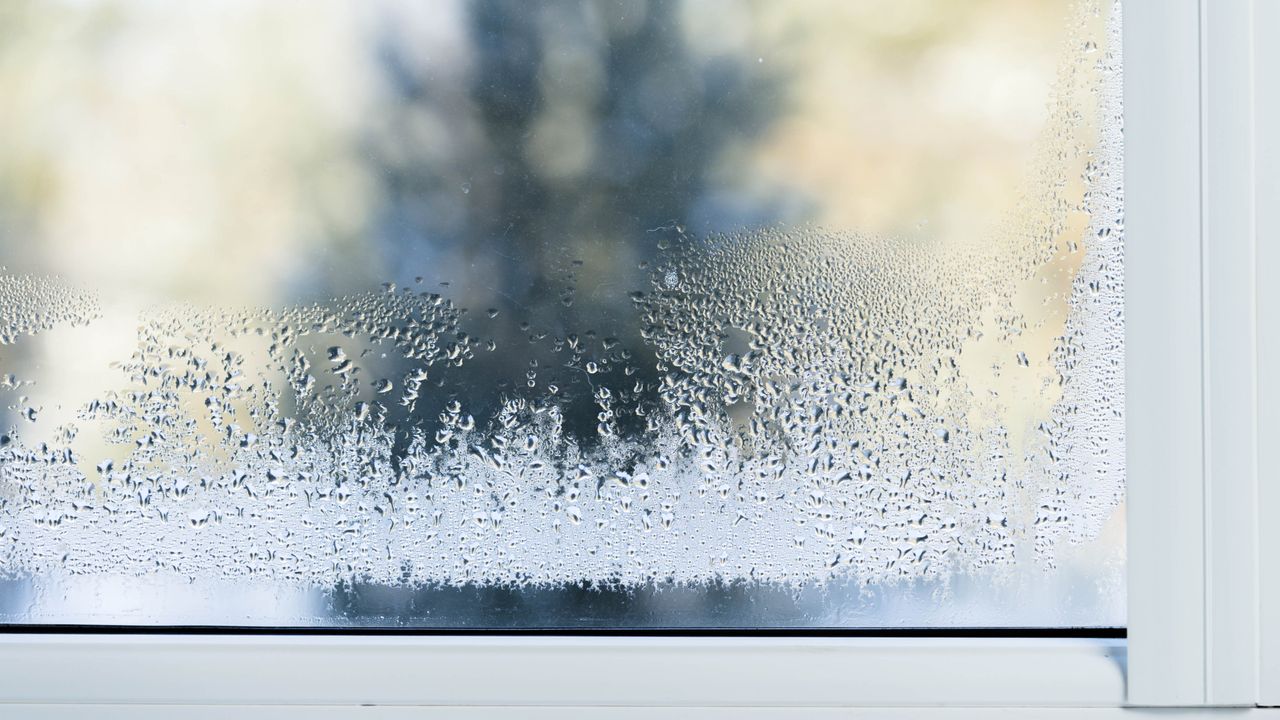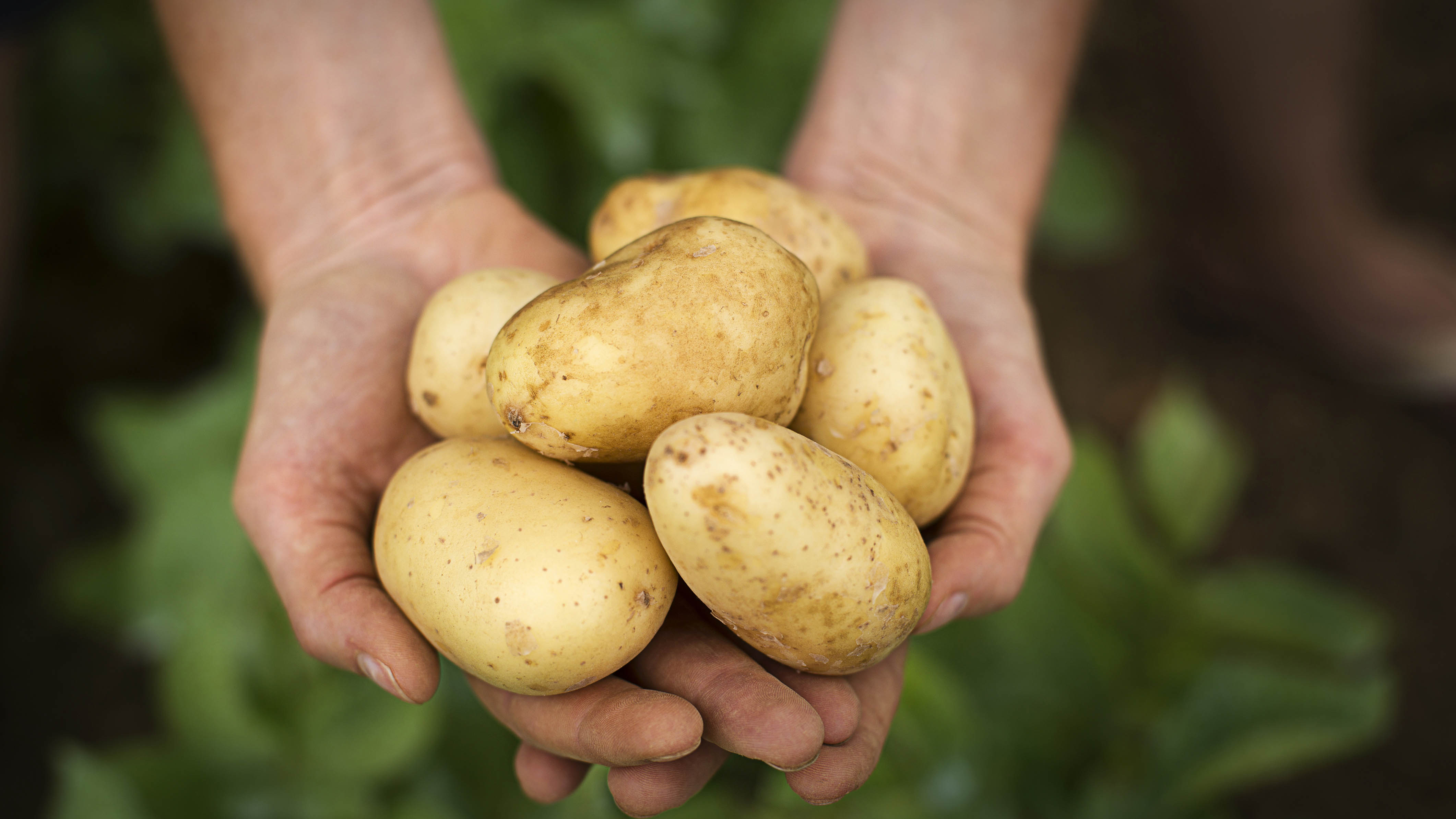
I never need to check the weather forecast to see when the temperature has dropped. I just look at my windows and the evidence is right before my eyes. As soon as the chilly weather begins my windows get covered in condensation.
Although I could invest in triple-pane windows to increase insulation levels in my home, I live in an older home, and I’m not quite ready to get rid of the original single-pane sash windows that are still in place.
However, it does mean I have an annual battle with water collecting on my windows, along with the added problem of it causing mold if not removed. But why is it always a problem during fall and winter?
Why your windows get covered with condensation
“Condensation is often a problem in winter because warm, moist air inside your home hits cold surfaces (like windows) and it cools rapidly and releases moisture,” explains Katie Mansfield, product manager at California Shutters.
I could use my Karcher cordless window vacuum to remove the excess moisture or run one of the best dehumidifiers. However, Mansfield suggests trying another — and slightly more bizarre — method to stop condensation in its tracks.

Slice a potato in half, rub the cut side over the inside of your window, and then wipe off any excess with a dry cloth — no need to rinse
Katie Mansfield, California Shutters
“It might sound surprising, but rubbing a raw potato on your windows can actually help reduce condensation. The starch in the potato creates a thin, invisible film on the glass that acts as a barrier to moisture build-up,” says Mansfield.
What’s more, it’s a cheap hack, and you’re very likely to already have potatoes sitting in your pantry all ready for your next meal.
“Just slice a potato in half, rub the cut side over the inside of your window, and then wipe off any excess with a dry cloth — no need to rinse,” Mansfield adds.
Although Mansfield doesn’t claim it’s a long-term fix, she does say, “It’s a quick, low-cost trick that can be especially useful during colder months when condensation becomes a daily issue. While it’s not a long-term fix, it’s a handy short-term solution — particularly for homes with shutters, where airflow and window insulation are key to preventing damp and mold.”
So, next time you’re preparing your potatoes for dinner, remember that apart from tasting delicious, whether they are mashed, boiled or fried, the starch can also be used as a barrier against condensation.
Other ways to prevent condensation
But in case you’re not prepared to give up your potatoes, Mansfield suggests another method in the battle against condensation and mold: “Other simple ways to reduce condensation include opening windows slightly throughout the day to encourage airflow and using dehumidifiers to control indoor moisture levels.
"These small steps can make a big difference in keeping your home dry and comfortable during the colder months.”
Follow Tom's Guide on Google News and add us as a preferred source to get our up-to-date news, analysis, and reviews in your feeds. Make sure to click the Follow button!







